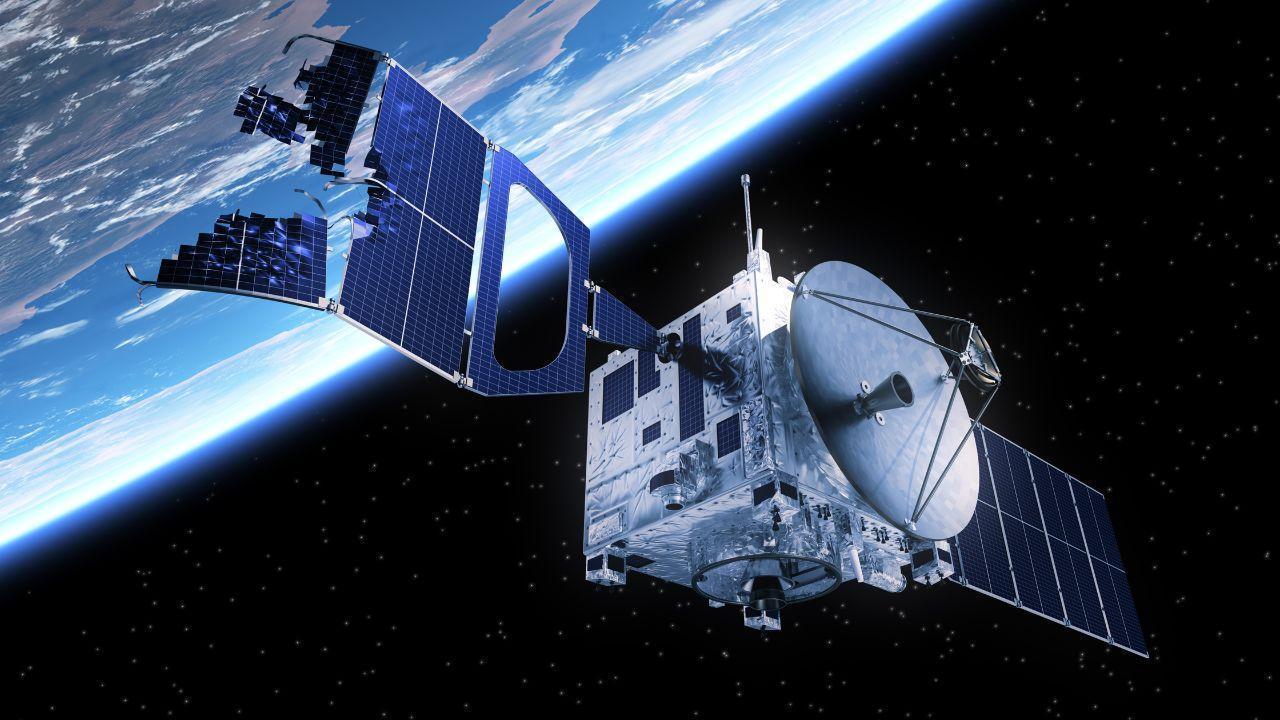
Post by : Vansh
Humanity has always been captivated by the stars. From the first civilizations charting the night sky to modern astronauts exploring the far reaches of the universe, the quest to understand the cosmos is relentless. Stellar journeys are at the heart of this exploration, as scientists and space enthusiasts alike embark on incredible space adventures to uncover the mysteries of galaxies, planets, and cosmic phenomena. These expeditions not only advance scientific knowledge but also inspire innovation, technology, and international collaboration.
The fascination with the cosmos began thousands of years ago when ancient civilizations observed celestial bodies to predict seasons, navigate, and create calendars. Over time, this curiosity evolved into systematic space exploration, with telescopes, satellites, and robotic probes allowing humans to study the universe in unprecedented detail. Each observation has fueled stellar journeys, uncovering mysteries that expand our understanding of space and time.
Human spaceflight represents a significant chapter in stellar journeys. Yuri Gagarin’s historic orbit around Earth and the Apollo Moon missions were monumental achievements that proved humanity’s ability to venture into space. Today, astronauts aboard the International Space Station conduct groundbreaking experiments in microgravity, studying the effects of long-term space travel on humans, materials, and biological systems. These missions pave the way for future space adventures beyond our solar system.
Despite its promise, space exploration faces challenges, including high costs, radiation exposure, technical risks, and space debris. Ethical considerations, such as the impact on other celestial bodies, must also be addressed. Overcoming these obstacles is essential to ensure that stellar journeys and space adventures are conducted safely and sustainably, preserving the universe for future generations.
The future of stellar journeys is filled with extraordinary possibilities. Planned missions to Mars, lunar colonies, asteroid exploration, and deep-space telescopes promise to expand humanity’s knowledge. Emerging technologies, such as AI-driven spacecraft, advanced propulsion systems, and space tourism, will enable unprecedented space adventures. Humanity stands on the brink of a new era, ready to traverse space and time in search of knowledge, discovery, and inspiration.
The content in this article is for general informational purposes only and should not be considered professional advice. Readers are encouraged to consult experts before making decisions based on this information. The views expressed are general insights, and MiddleEastBulletin news does not take responsibility for personal interpretations or outcomes resulting from the use of this material.










NBA Friday Recap: Powerhouse Wins for Miami, LA, Milwaukee, and Clippers
Miami, LA Lakers, Milwaukee, and Clippers triumphed in a thrilling NBA Friday, showcasing standout p

Doncic Shines with 49 Points in Lakers' 128-110 Victory over Timberwolves
Luka Doncic dazzles with 49 points as the Lakers secure a 128-110 win against the Timberwolves, show

Kings Triumph Over Jazz 105-104 with Last-Minute Sabonis Effort
The Sacramento Kings edged out the Utah Jazz 105-104, with Domantas Sabonis making the decisive shot

Argentina's Friendly Match Against India Delayed, New Date to be Announced
The friendly match between Argentina and India in Kochi has been postponed due to FIFA approval dela

Rohit and Kohli Conclude ODI Journeys in Australia with a Victory
Rohit Sharma and Virat Kohli bid adieu to Australian ODIs with a final win, forming a 168-run partne

George Russell's Wrestling Mask Antics at Mexican Grand Prix
George Russell donned a wrestling mask to enjoy the Mexican Grand Prix from the stands, providing a